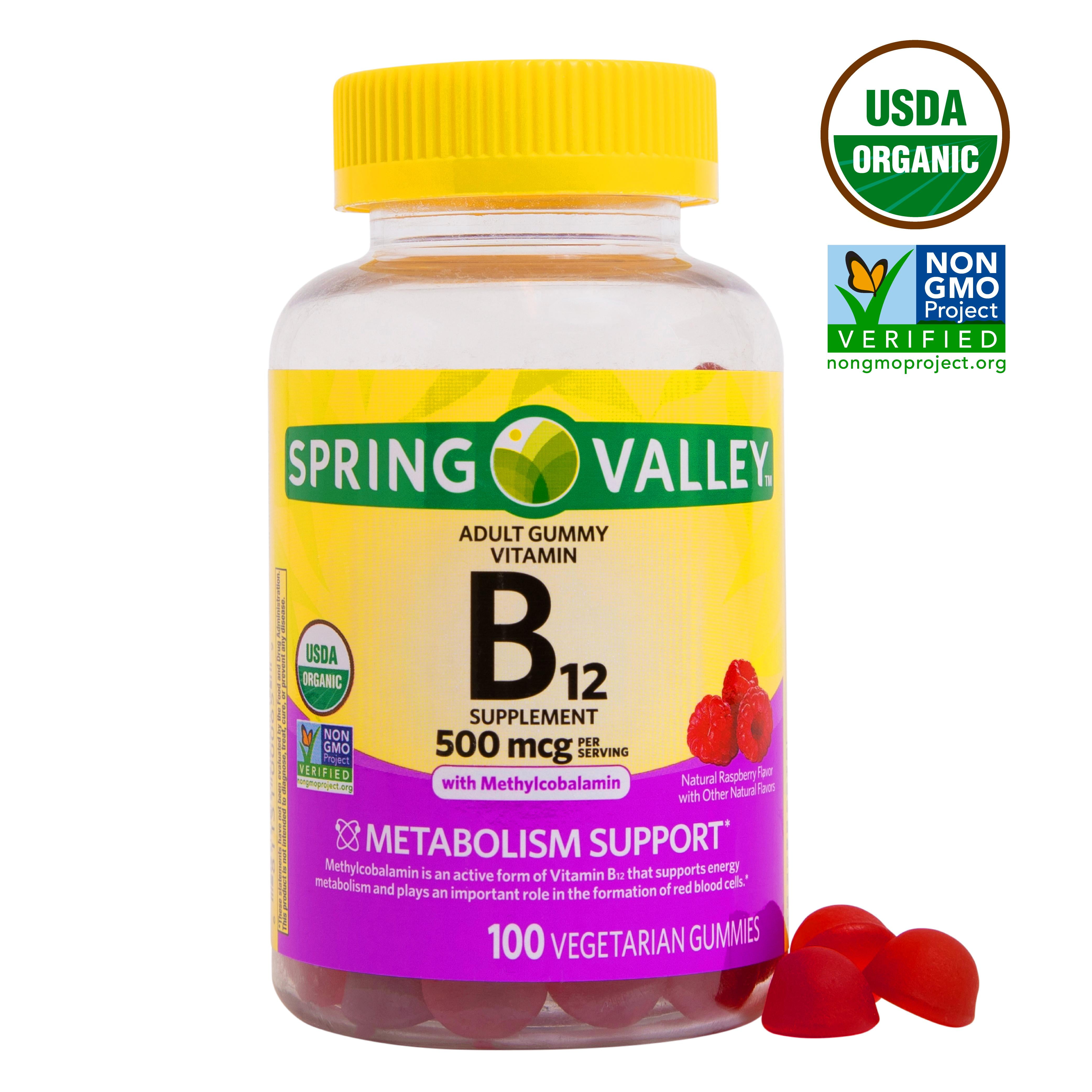Vitamin for Vegetarian's Health

Why Are Vitamins Important for Vegetarians?
Vitamins are essential for the overall functioning of the body. They play a vital role in maintaining a healthy immune system, keeping bones strong, and aiding in the formation of red blood cells. Vegetarians must pay particular attention to vitamins, as some of them are only found in animal products. A lack of essential vitamins can lead to several health problems, including fatigue, anemia, and weakened immune system.
The Best Vitamins for Vegetarians
Here are some of the essential vitamins that vegetarians should consume:
Vitamin B12
Vitamin B12 is vital for the formation of red blood cells and the proper functioning of the nervous system. It is mostly found in animal products such as eggs, dairy, and meat. Vegetarians can get their daily dose of vitamin B12 from fortified cereals, soy products, and supplements.
Vitamin D
Vitamin D is essential for strong bones and teeth. It is mostly found in sunlight, but vegetarians can also consume it from fortified cereals, soy products, and supplements.
Vitamin K
Vitamin K is necessary for blood clotting and bone metabolism. It is found in leafy green vegetables, soy products, and fermented foods.
Iron
Iron is essential for the formation of red blood cells and carrying oxygen in the body. It is mostly found in animal products, but vegetarians can consume it from tofu, lentils, beans, and fortified cereals.
Calcium
Calcium is crucial for strong bones and teeth. It is mostly found in dairy products, but vegetarians can consume it from leafy green vegetables, tofu, and fortified cereals.
The Benefits and Drawbacks of a Vegetarian Diet
A vegetarian diet has several benefits and drawbacks that you need to consider before adopting it. Here are some of them:
Benefits
- Lower risk of heart disease, high blood pressure, and type 2 diabetes
- Reduced risk of certain types of cancer
- Lower cholesterol levels
- Environmentally friendly
- Lower risk of food poisoning
Drawbacks
- Possible nutrient deficiencies
- May require careful meal planning
- Higher risk of eating disorders
- May be more expensive
FAQ
Q: Can vegetarians get enough protein?
A: Yes, vegetarians can get enough protein from various sources such as beans, lentils, tofu, and nuts.
Q: Are vegetarians more prone to iron deficiency?
A: Yes, vegetarians are more prone to iron deficiency as iron from plant-based sources is not as easily absorbed as iron from animal products.
Q: Do vegetarians need to take supplements?
A: It depends on the individual's diet and nutrient intake. Some vegetarians may need to take supplements to ensure they get all the necessary nutrients.
Q: Can vegetarians consume dairy products?
A: Yes, lacto-vegetarians consume dairy products, while ovo-lacto-vegetarians consume both eggs and dairy products.
Conclusion
As a vegetarian, it is essential to ensure that you get all the necessary vitamins and nutrients from your diet. Incorporating the right foods and supplements can help you avoid nutrient deficiencies and maintain good health. It is crucial to consult a healthcare professional before making any significant changes to your diet.
